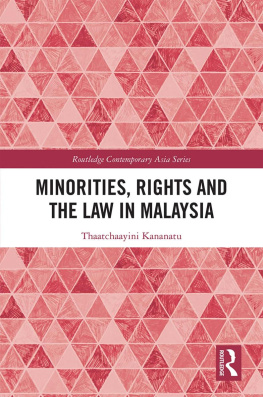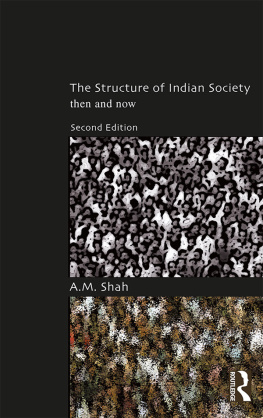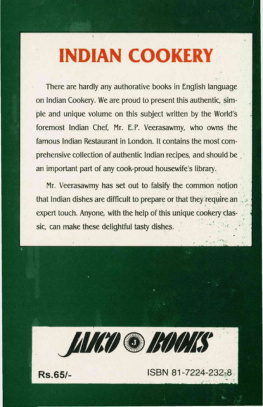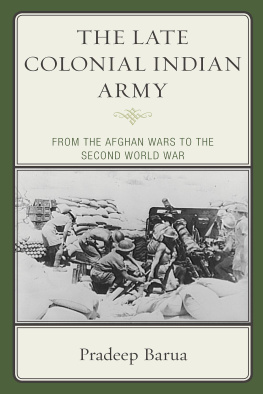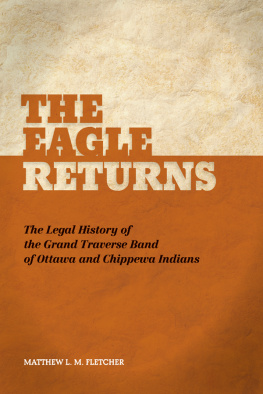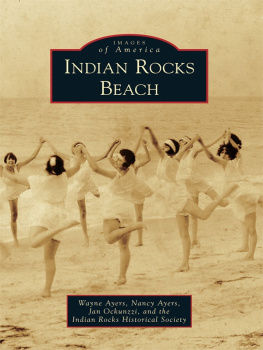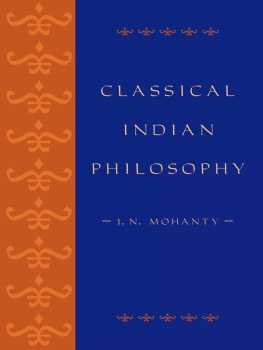Minorities, Rights and the Law in Malaysia
This book analyses the mobilisation of race, rights and the law in Malaysia. It examines the Indian community in Malaysia, a quiet minority which consists of the former Indian Tamil plantation labour community and the urban Indian middle-class.
The first part of the book explores the role played by British colonial laws and policies during the British colonial period in Malaya, from the 1890s to 1956, in the construction of an Indian race in Malaya, the racialization of labour laws and policies and labour-based mobilisation culminated in the 1940s. The second part investigates the mobilisation trends of the Indian community from 1957 (at the onset of Independent Malaya) to 2018. It shows a gradual shift in the Indian community from a quiet minority into a mass mobilising collective or social movement, known as the Hindu Rights Action Force (HINDRAF), in 2007. The author shows that activist lawyers and Indian mobilisers played a crucial part in organizing a civil disobedience strategy of framing grievances as political rights and using the law as a site of contention in order to claim legal rights through strategic litigation.
Highly interdisciplinary in nature, this book will be of interest to scholars and researchers examining the role of the law and rights in areas such as sociolegal studies, law and society scholarship, law and the postcolonial, social movement studies, migration and labour studies, Asian law and Southeast Asian Studies.
Thaatchaayini Kananatu is a Lecturer in Law at the School of Business, Monash University Malaysia.
Routledge Contemporary Asia Series
67 Transcontinental Silk Road Strategies
Comparing China, Japan and South Korea in Uzbekistan
Timur Dadabev
68 Sino-Pakistani Relations
Politics, Military and Regional Dynamics
Filippo Boni
69 Circulation and Governance of Asian Medicine
Edited by Cline Coderey and Laurent Pordi
70 Normalization of Violence
Conceptual Analysis and Reflections from Asia
Edited by Irm Haleem
71 Minorities, Rights and the Law in Malaysia
Thaatchaayini Kananatu
72 Hate Speech in Asia and Europe
Beyond Hate and Fear
Edited by Myungkoo Kang, Mari-Orange Riv-Lasan, Wooja Kim and Philippa Hall
73 Climate Change Governance in Asia
Edited by Kuei-Tien Chou, Koichi Hasegawa, Dowan Ku, and Shu-Fen Kao
74 Historical Narratives in East Asia of the 21st Century
Overcoming the Politics of National Identity
Edited by Hitoshi Tanaka
For more information about this series, please visit: https://www.routledge.com/Routledge-Contemporary-Asia-Series/book-series/SE0794
Minorities, Rights and the Law in Malaysia
Thaatchaayini Kananatu
First published 2020
by Routledge
2 Park Square, Milton Park, Abingdon, Oxon OX14 4RN
and by Routledge
52 Vanderbilt Avenue, New York, NY 10017
Routledge is an imprint of the Taylor & Francis Group, an informa business
2020 Thaatchaayini Kananatu
The right of Thaatchaayini Kananatu to be identified as author of this work has been asserted by her in accordance with sections 77 and 78 of the Copyright, Designs and Patents Act 1988.
All rights reserved. No part of this book may be reprinted or reproduced or utilised in any form or by any electronic, mechanical, or other means, now known or hereafter invented, including photocopying and recording, or in any information storage or retrieval system, without permission in writing from the publishers.
Trademark notice: Product or corporate names may be trademarks or registered trademarks, and are used only for identification and explanation without intent to infringe.
British Library Cataloguing-in-Publication Data
A catalogue record for this book is available from the British Library
Library of Congress Cataloging-in-Publication Data
A catalog record has been requested for this book
ISBN: 978-0-367-86239-8 (hbk)
ISBN: 978-1-003-01921-3 (ebk)
Typeset in Times New Roman
by codeMantra
ABIM
Angkatan Belia Islam Malaysia (Muslim Youth Movement of Malaysia)AMCJAAll-Malayan Council for Joint ActionBERSIHCoalition for Clean and Fair ElectionsBN
Barisan Nasional (National Front)CIAMCentral Indian Association of MalayaDAPDemocratic Action PartyDHRRADevelopment of Human Resources in Rural AsiaGCCGroup of Concerned CitizensHINDRAFHindu Rights Action ForceISAInternal Security ActJERIT
Jawatankuasa Jaringan Rakyat Tertindas (Oppressed Peoples Network)LGBTQLesbian Gay Bisexual Transgender QueerMCAMalaysian Chinese AssociationMHS
Malaysia Hindu Sangam (Malaysian Hindu Association)MICMalaysian Indian CongressMPMember of ParliamentNCPNational Cultural PolicyNDPNational Development PolicyNEMNew Economic ModelNEPNew Economic PolicyNIATNational Indian Action TeamNUPWNational Union of Plantation WorkersNVPNational Vision PolicyPASPan-Malaysian Islamic PartyPERKASA
Pribumi Perkasa Negara (Malay Rights Group)PERNAS
Perbadanan Nasional (National Corporation)PKR
Parti Keadilan Rakyat (Peoples Justice Party)PNB
Permodalan Nasional Berhad (National Equity Corporation)PRIM
Parti Reformasi Insan Malaysia (Malaysian Peoples Reform Party)PSM
Parti Sosialis Malaysia (Socialist Party of Malaysia)RMRinggit Malaysia (Malaysian currency)SUHAKAM
Suruhanjaya Hak Asasi Manusia (Malaysian Human Rights Commission)UMNOUnited Malays National OrganisationUSDUnited States Dollar (American currency)
My utmost gratitude and respect for my two PhD supervisors, Professor Helen Nesadurai at Monash University Malaysia and Dr Vanitha Sundra-Karean at the University of Southern Queensland, Australia, for their intellectual support, precious guidance and relentless encouragement.
This book is dedicated to my father, the late Dr Kananatu Krishnan, who believed in the integrity and significance of academic research.
The two pillars of my strength my husband Dr Arulnageswaran Aruleswaran and my son Vignaraajaa for their unconditional love, endless support, motivation and inspiration.
Towards the end quarter of 2007, three collective mobilisations occurred when
Since the 1970s, the post-colonial nation of Malaysia has often been described by political science scholars as a pseudo-democratic, semi-authoritarian or an illiberal democracy.Barisan Nasional (National Front) or the BN, to legitimise its perpetual rule since 1957 and hindered opposition parties from gaining electoral leverage in partisan politics.
In the late 1980s, Prime Minister Mahathir Mohamad had utilised severe draconian laws such as the Internal Security Act 1960 in order to clamp down on leaders in the opposition parties and activists in civil society groups. However, in 2003, a change in the During the 2000s, activist lawyers and Malaysian civil society were already striving to uphold liberal democratic ideals of justice and fairness. However, two of the collective mobilisations in 2007,

